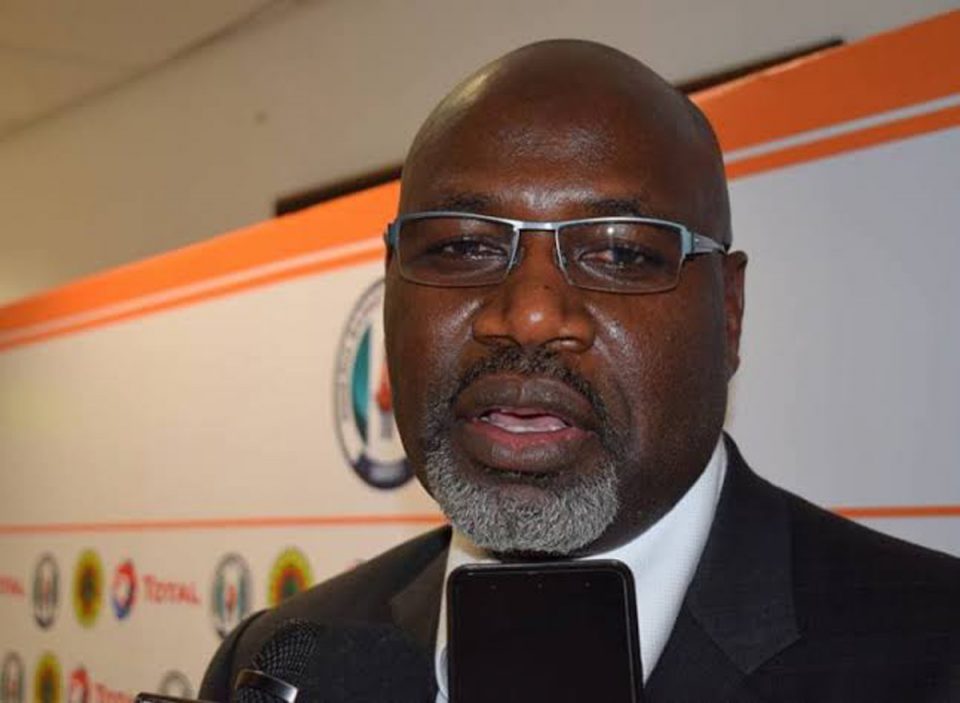Mr Ahmadu Kida-Musa, Deputy Managing Director, Deep Water District of Total Exploration and Production Nig. Ltd., says there are still billions of barrels of oil and trillions cubic feet of gas yet to be discovered in Nigeria.
Kida-Musa said that Nigeria had not fully explored its oil fields even in the “so called” matured areas not to mention the frontier areas yet to be explored.
The oil chief made the assertion during a panel session of the 37th Nigerian Association of Petroleum Explorationists (NAPE) in Lagos on Monday.
Kida-Musa spoke on the theme: “How will technology change the oil and gas sector over the next decades.”
He said: “The dependence on conventional technologies that have been used in the past will surely not be the only solution to harness the Yet-To-Find (YTF) oil and gas potential, especially in Nigeria.
“Those technologies were good then, they worked well in the past and we are all happy with the results. However, the days of easy oil and gas discoveries are gone.
“We need innovations in order to continue and come back to the era of more frequent giant discoveries as was obtained before 2012.”
According to him, Nigeria needs to embrace the use of emerging and innovative technologies on safe exploration to Health, Safety and Environment ( HSE) compliant exploitation of the discovered resources.
“The belief by some school of thought might be that in Nigeria, we have totally mastered exploration in the onshore, in the conventional offshore and even somewhat in the deep offshore domains, but this is certainly not an accurate hypothesis.
“There is still Yet-To-Find opportunities all around in those mature domains, especially for deep prospective and also the Ultra Deep Offshore domain, where little or no exploration activities have been carried out to date,” he added.
Kida-Musa said there was an evident decline in giant exploration discoveries since the country was now dealing with more complex traps that need to be properly understood before drilling of exploration wells.
He said conventional technologies in most cases had reached their limit in terms of subsurface imaging and interpretation given the complexities of YTF prospects.
“It is expected that by 2035, the deep offshore oil and gas production which currently stands at less than 14Mboe/d worldwide should attain the level of about 32Mboe/d.
“For the last 15 – 20 years, exploration activities have been conducted in the deep offshore in water depths of around 2,000 meters and most current developments are generally at a maximum depth of around 2,000 meters.
“Following innovations with new technologies, Total has been able to explore deeper with an exploration well drilled offshore Uruguay in 2016, at 3405 meters water depth, at that time the world’s deepest sub-sea well,’’ he said.
Mrs Juliet Ehimyan -Chiazor,Nigeria Country Manager,Google,said the use of digital application could increase the country’s oil production by more than 8percent annually.
In his remarks, President of NAPE, Mr Ajibola Oyebamiji,said the oil and gas industry has witnessed rapid technology advancement in recent years,while new technologies are providing different and undefined opportunities for producing unconventional oil and gas in different regions of the world.
He also said:”With the era of cheap -to-discover oil and gas gradually coming to an end,new digital technologies are coming on board aiding the imaging and discovery of new oil and gas fields that were hitherto undiscoverable while reservoirs at deeper depths concealed under thick layers of shakes that were previously undrillable due to high temperatures and pressures have become accessible through improved drilling technologies in complex structural and stratigraphic traps.
“Technological change,in turn,is the main driver of the global trend in oil and gas industry and is of particular importance for government,policymakers and all stakeholders to have the necessary knowledge of how such technological changes can be deployed and sustained in developing countries(Nigeria inclusive)”
According to him,the development of relevant technologies suited to the Nigerian market should be a key driver in guaranteeing energy security and diversification thereby boosting Nigeria’s industrial development.
He added that a tailored and efficient technological growth strategy will play a major role in the further development of the oil and gas industry and spur future economic growth.




